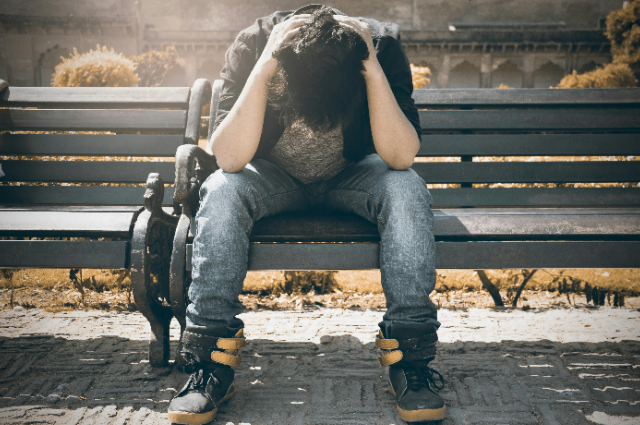
Rejection can have a profound impact on an individual's mental health, affecting various aspects of their well-being. Whether it's a romantic rejection, job application denial, or social exclusion, the emotional toll can be significant.
One of the primary psychological consequences of rejection is a blow to self-esteem. When someone is rejected, they may internalize the experience, questioning their worth and value. This negative self-perception can contribute to feelings of inadequacy, self-doubt, and a distorted self-image. Over time, persistent rejections may lead to the development of anxiety and depression, further exacerbating mental health challenges.
Rejection can trigger a range of emotional responses, including sadness, anger, and humiliation. These emotions may linger and become chronic if not effectively addressed. The fear of future rejection can also lead to avoidance behaviors, causing individuals to withdraw from social interactions or refrain from pursuing new opportunities, hindering personal and professional growth.
The impact of rejection extends beyond emotional distress and can manifest physically. Chronic stress resulting from repeated rejection can contribute to various health issues, such as weakened immune function, disrupted sleep patterns, and heightened vulnerability to illnesses. The mind-body connection highlights how emotional experiences, like rejection, can have tangible effects on physical well-being.
In the context of relationships, romantic rejection can be particularly challenging. The end of a romantic relationship can evoke feelings of heartbreak, grief, and loss. Individuals may experience a sense of abandonment, leading to a diminished sense of self-worth. Coping with such emotions may require significant time and effort, and the aftermath of rejection can influence future relationship dynamics and trust.
Job rejections also impact mental health, especially in a competitive professional landscape. Constant rejection in the job market can lead to feelings of professional inadequacy and financial stress. It may contribute to a sense of instability and uncertainty about the future, amplifying anxiety and potentially triggering depressive symptoms.
Social rejection, whether in personal or professional circles, can result in feelings of isolation and loneliness. Humans are inherently social beings, and the need for social connection is integral to mental well-being. Exclusion from social groups or being ostracized can lead to a sense of alienation and contribute to mental health challenges, including heightened anxiety and depression.
Despite the negative impact of rejection on mental health, individuals can develop resilience and coping mechanisms to navigate these challenges. Seeking support from friends, family, or mental health professionals can provide a crucial foundation for emotional recovery. Developing a positive self-image, cultivating self-compassion, and reframing rejection as an opportunity for growth can foster resilience and mitigate the long-term effects on mental health.
In conclusion, rejection can have a multifaceted impact on mental health, influencing self-esteem, emotional well-being, and even physical health. Recognizing the potential consequences of rejection and implementing coping strategies are essential steps toward fostering resilience and maintaining mental well-being in the face of life's inevitable setbacks.
